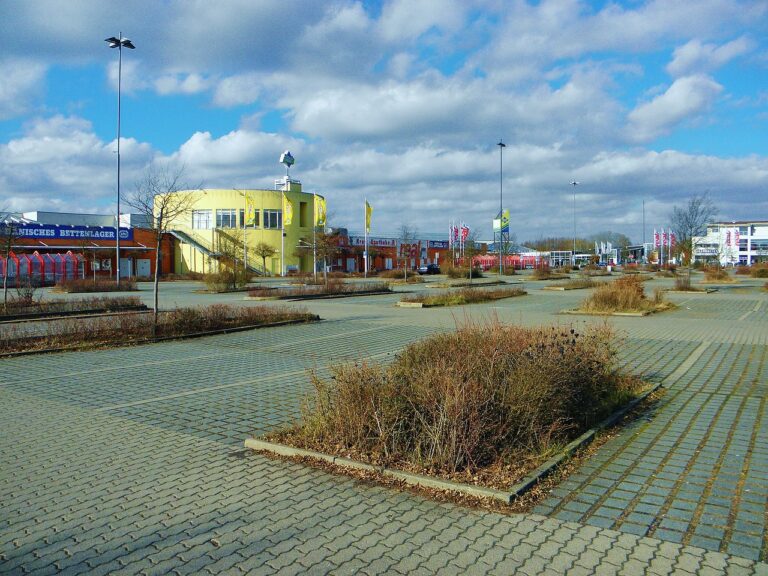The Role of Sustainable Fashion in Post-Conflict Reconstruction
Sustainable fashion has been gaining traction as a key player in shaping economic development globally. As consumers become more conscious of the environmental and social impact of their clothing choices, the demand for sustainable and ethically-produced fashion is on the rise. This shift towards sustainable practices in the fashion industry is not only beneficial for the planet but also holds potential for significant economic growth.
By promoting sustainable fashion practices, countries and businesses can create new job opportunities and stimulate local economies. The focus on ethical sourcing, fair labor practices, and environmentally-friendly production methods not only appeals to consumers but also fosters a more sustainable and resilient fashion industry. As the demand for sustainable fashion continues to grow, businesses that prioritize sustainability are likely to see long-term economic benefits and contribute positively to overall economic development.
The Connection Between Sustainable Fashion and Social Cohesion
The promotion of sustainable fashion practices can significantly contribute to enhancing social cohesion within communities. By prioritizing ethical production methods and promoting fair labor practices, sustainable fashion brands can foster a sense of unity and cooperation among individuals involved in the industry. This emphasis on social responsibility not only benefits the workers directly involved but also resonates with consumers, leading to a greater sense of trust and connectedness within society.
Furthermore, sustainable fashion initiatives often prioritize inclusivity and diversity, celebrating different cultures and traditions. This focus on cultural exchange and appreciation can help bridge divides and promote understanding among various social groups. By highlighting the value of craftsmanship and traditional techniques from different regions, sustainable fashion has the potential to create a more inclusive and cohesive society where individuals from diverse backgrounds feel respected and represented.
How Sustainable Fashion Can Empower Women in Post-Conflict Zones
In the aftermath of conflict, women in post-conflict zones often face numerous challenges, including limited economic opportunities and social marginalization. Sustainable fashion presents a unique avenue for empowering these women by providing them with skills training, employment opportunities, and a platform for economic independence. Through initiatives that focus on ethical production practices and fair trade principles, sustainable fashion can help women in post-conflict zones build sustainable livelihoods and break the cycle of poverty.
Moreover, sustainable fashion can also have a transformative impact on the social cohesion of communities in post-conflict zones. By promoting diversity, inclusivity, and collaboration, sustainable fashion projects can foster a sense of unity and shared purpose among individuals from diverse backgrounds. This sense of collective identity and solidarity can help bridge social divides, promote understanding, and lay the foundation for peaceful coexistence in these fragile environments.





